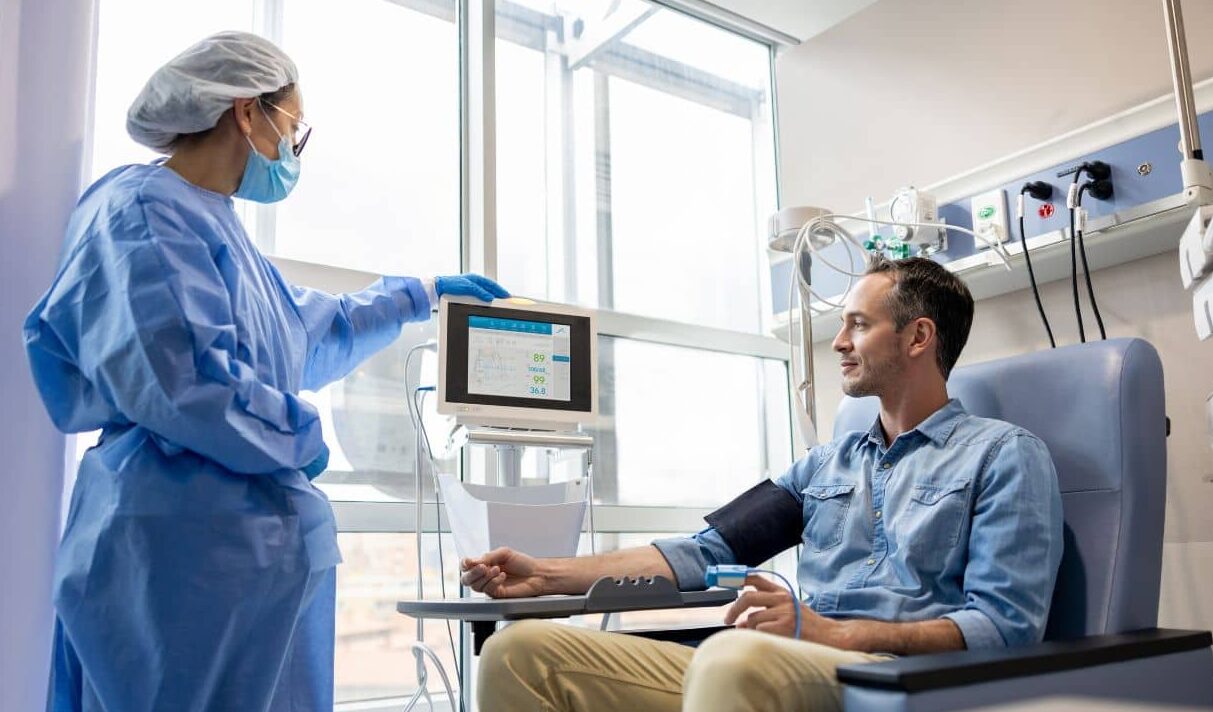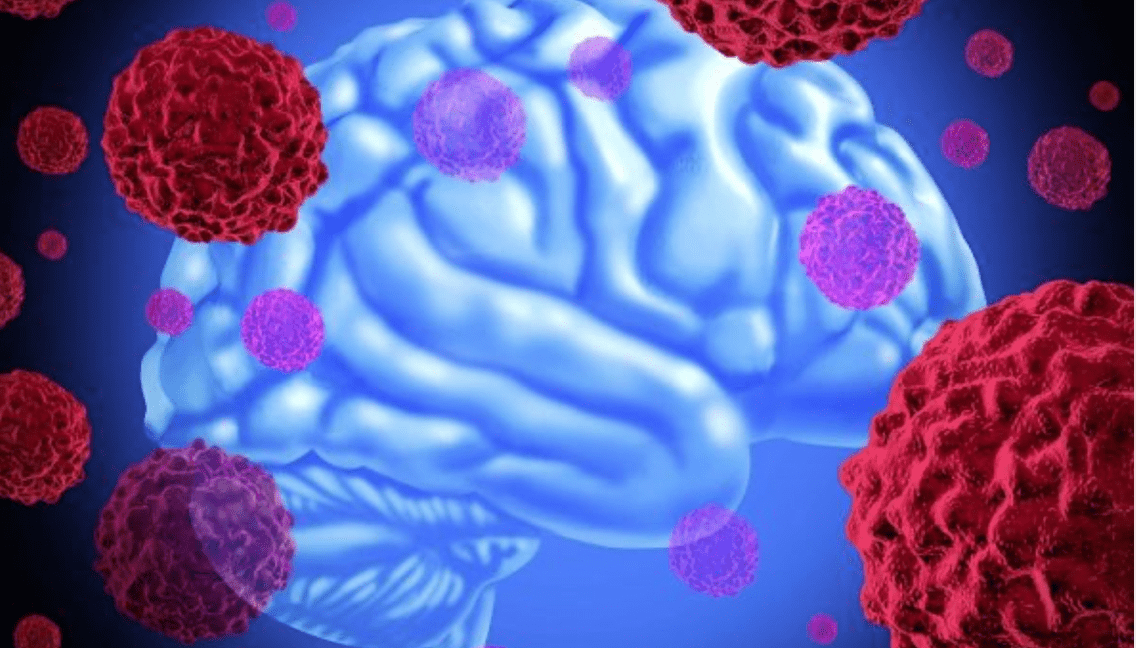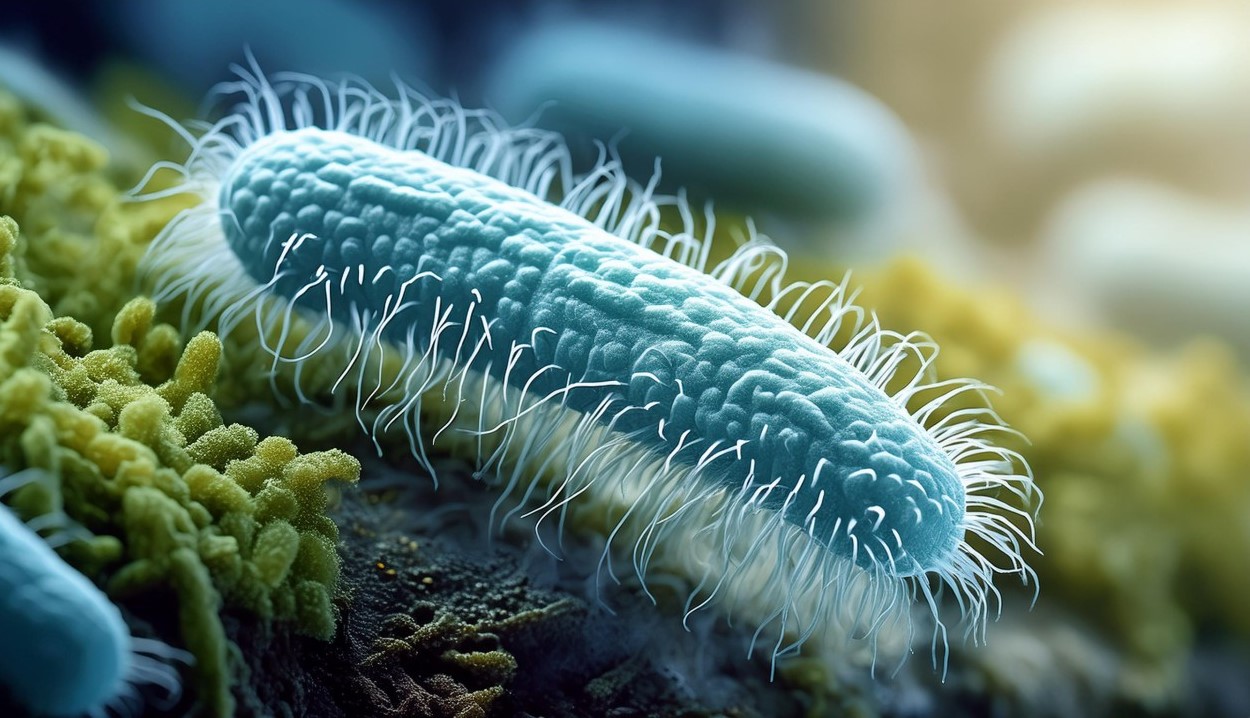-
 News
When glucose levels are low, chemotherapy ceases to affect cancer cells
News
When glucose levels are low, chemotherapy ceases to affect cancer cells
-
 News
Excessive treatment of prostate cancer in older men may reduce quality of life without increasing its duration
News
Excessive treatment of prostate cancer in older men may reduce quality of life without increasing its duration
-
 News
Brain cancer can be cured by viruses
News
Brain cancer can be cured by viruses
-
 News
Ways to reduce lymphatic pain in breast cancer have been found
News
Ways to reduce lymphatic pain in breast cancer have been found
-
 News
Scientists have turned bacteria into a powerful weapon against cancer
News
Scientists have turned bacteria into a powerful weapon against cancer
All news
Acute myeloid leukemia treatment
It is a cancerous disease of the immune sprout of blood cells.
Excessive production of blast cells reduces the production of red blood cells and platelets, which are responsible for transporting oxygen and stopping bleeding. This is why the complications of this disease are so dangerous.
Chemotherapy is used to achieve and maintain remission. High-dose chemotherapy with a bone marrow transplant may be necessary.
Acute myeloblastic leukemia (AML) is the most common form of blood cancer in adults.
In foreign clinics, 2 out of 3 patients achieve persistent remission with early treatment.
Synonyms: Acute non-lymphocytic leukemia, acute granulocytic leukemia, acute myeloleukemia, acute myeloid leukemia.
MedTour patients recommend clinics for the treatment of acute myeloid leukemia:
Doctors for the treatment of acute myeloid leukemia
Frequently Asked Questions
It is a blood cancer in which there is uncontrolled growth of abnormal myeloid cells. These cells are the precursors of red blood cells, white blood cells (except lymphocytes) and platelets.
Leukemia cells have a longer life span. They displace healthy cells, which causes the main symptoms of leukemia.
- Consultation of an oncohematologist and collection of anamnesis,
- Blood laboratory tests,
- Blood smear examination under a microscope,
- Genetic tests (chromosome study),
- Bone marrow biopsy,
- Lumbar puncture (examination of cerebrospinal fluid),
- Ultrasonography, CT, MRI – if necessary.
- Chemotherapy,
- Target therapy,
- Beam therapy (as needed),
- Bone marrow transplantation.
Signs of AML are not specific and can occur with other diseases, including non-cancer diseases. Specialists distinguish between general symptoms, symptoms due to a lack of blood cells, and symptoms due to an excessive number of leukemia cells.
The general symptoms include:
- Sense of fatigue even with minor exertion (asthenic syndrome),
- Loss of weight,
- Fever (fever),
- Elevated night sweats,
- Lack of appetite.
Leukocyte deficiency: Unreasonable fever, persistent bacterial and viral infections, due to decreased immunity.
Platelet insufficiency: Increased bleeding gums and frequent nosebleeds, heavy periods in women.
RBC deficiency: Fatigue, dizziness, headaches, pale skin, rapid breathing, feeling cold.
Abnormal blood cells, or blasts, may accumulate in bones, liver, spleen, lymph nodes, or fill the lumen of a vessel. An increased number of blasts leads to the development of these symptoms:
- Bone and joint pain,
- Oedema and increased bleeding of the gums,
- Enlargement of the liver and/or spleen,
- Enlargement of inguinal, cervical, and axillary lymph nodes,
- blast cell blockage – leukostasis.
Surgency
Timely diagnosis and treatment of acute myeloleukemia at an early stage greatly increases the patient’s chances of a full recovery. After arrival at a foreign medical center, you immediately begin diagnosis, without waiting for several months.
The average time of diagnosis from the time of the first visit to the doctor is about 7-10 days.
Modern treatment methods
All modern methods of treatment of AML, such as targeted therapy and immunotherapy, are available to patients at foreign medical centers represented on the MedTour platform. If high-dose chemotherapy is used, bone marrow transplantation is successfully performed abroad.
Pathology Laboratory
A great advantage of foreign medical centers is an in-house laboratory for examination of pathological material. In the case of leukemia, the subject is a bone marrow sample of the patient.
In order to establish the subtype and stage of myeloleukemia, as well as to find out the causes of its occurrence, specialists can conduct cytogenetic and immunohistochemical studies of samples. This requires special equipment, which is available in the arsenal of most foreign multidisciplinary hospitals.
Experienced team of specialists
At any stage of diagnosis and treatment of acute myeloleukemia you may need to consult a specialist narrow profile: a neurologist, neurosurgeon, physician, etc.
A group of specialists: surgeons, medical oncologists and radiologists are involved in the treatment of the patient. It is thanks to their coordinated work and multidisciplinary approach that an optimal treatment program can be developed, reducing the risk of complications and undesirable consequences.
The treatment for OML takes place in a specialized oncohematology department. It is a great advantage if the patient is in a large multidisciplinary center. This will allow the patient to undergo all additional examinations in time and receive consultations from highly specialized specialists.
The oncohematology department should be equipped with special wards for patients undergoing or who have undergone bone marrow transplantation and receive high-dose chemotherapy.
There are centers that meet these requirements in Germany, Israel, Turkey, Spain, India, and South Korea.
Need help finding a clinic? Leave an application on the MedTour platform!
MedTour team will help you with the selection of clinics and get you an individual program of diagnostics and treatment abroad.
Leave an application on our website, and within a few hours you will be contacted by a medical coordinator, who will answer all your questions and help you to send a request to the clinic.
We help patients with making an appointment with the clinic, flight arrangements, transfers, and accommodation in apartments or hotels close to the clinic.
Our services are absolutely free for all patients. You pay for the treatment directly to the clinic cash desk.
Diagnosis and treatment of acute myeloblastic leukemia abroad (2021)
How is acute myeloblastic leukemia diagnosed abroad?
To make the diagnosis, doctors examine peripheral blood samples, a biopsy and spinal cord aspirate, and cerebrospinal fluid.
General blood test
During the study, the total number of blood-forming elements – red blood cells, white blood cells, and platelets – is determined. Usually, in patients with acute myeloleukemia, many immature forms of blood cells are found in the blood smear. They do not perform their usual functions and cause the development of symptoms.
Biochemical blood test
Blood chemistry analysis allows you to assess the condition of the patient’s organs and systems: liver, kidneys, heart, etc. These data do not provide information about the underlying disease, but based on the results of the analysis, doctors can adjust the treatment prescribed.
Microscopic examination of blood
Specialists evaluate the size, shape, and maturity of the cells. The youngest cells are usually called myeloblasts, or simply blasts. To establish a diagnosis of AML, the percentage of blast cells must be at least 20%.
Immunophenotyping
All cells in the human body have different proteins – antigens – on their surface. A special technology is used in the laboratory to count white blood cells and determine their degree of maturity on the basis of the antigens on the cell surface.
Immunophenotyping is an important study as it provides information about the patient’s current condition and prognosis of further disease development.
Bone marrow biopsy
The greatest information about the condition of the hematopoietic system is obtained on the basis of a bone marrow study. For this, a small amount of tissue is taken from the patient’s femur bone with a thin needle.
Genetic tests
To identify the subtype of leukemia and predict the further course of the disease, specialists examine the genetic information of the blood cells. Depending on the clinic’s facilities and preferred techniques, the doctor may prescribe one of the following tests:
- Polymerase chain reaction,
- Fluorescence Hybridization (FISH),
- Cytogenetic study.
How is acute myeloblastic leukemia treated in foreign clinics?
The main treatment for the vast majority of types of AML is chemotherapy. Sometimes, chemotherapy is combined with targeted drugs. The main treatment may be followed by a bone marrow transplant.
Radiation therapy and surgery are adjuvant and are used when specific symptoms are found.
Chemotherapy
Cytostatics, or chemotherapy drugs, are given to the patient intravenously or in the cerebrospinal fluid, or sometimes prescribed in pill form. The drug spreads throughout the body and destroys tumor cells.
The global distribution of chemotherapy is important in treating leukemia because leukemia (blastoma) cells can be in any part of the body.
Doctors divide chemotherapy treatment of acute myeloleukemia into two steps: induction and consolidation.
Induction is the first and most intensive phase of treatment. It lasts about one week. During induction, doctors prescribe high doses of drugs to kill most of the blast cells.
Consolidation is a longer and gentler process. The patient takes chemotherapy in several courses to destroy the remaining leukemia cells.
Many different chemotherapies are used to treat acute myeloblastic leukemia. The main ones are Cytarbin and Indarubicin.
Target therapy
Every year, scientists develop new treatments for cancer. One promising area is targeted therapy.
In contrast to classical chemotherapy, targeted therapy targets specific areas of tumor cells. This makes it possible to affect the growth and division of leukemia cells without affecting normal cells and tissues of the body.
Targeted therapy can be effective even in cases where standard chemotherapy has failed. Targeted drugs are prescribed as monotherapy or in combination with chemotherapy.
Doctors prescribe the following drugs to treat AML:
- Midostaurin (Rydapt),
- Gilteritinib (Xospata),
- Ivosidenib (Tibsovo).
Bone marrow transplantation
In some cases, doctors need to prescribe large doses of chemotherapy drugs to kill cells of particularly aggressive forms of leukemia. However, the medicine also affects healthy bone marrow cells, which may prevent healthy cells from dividing and growing.
In such cases, the doctor may recommend a stem cell transplant. Usually the donor is a relative of the patient (brother or sister) or an unrelated donor.
Published:
Updated:









